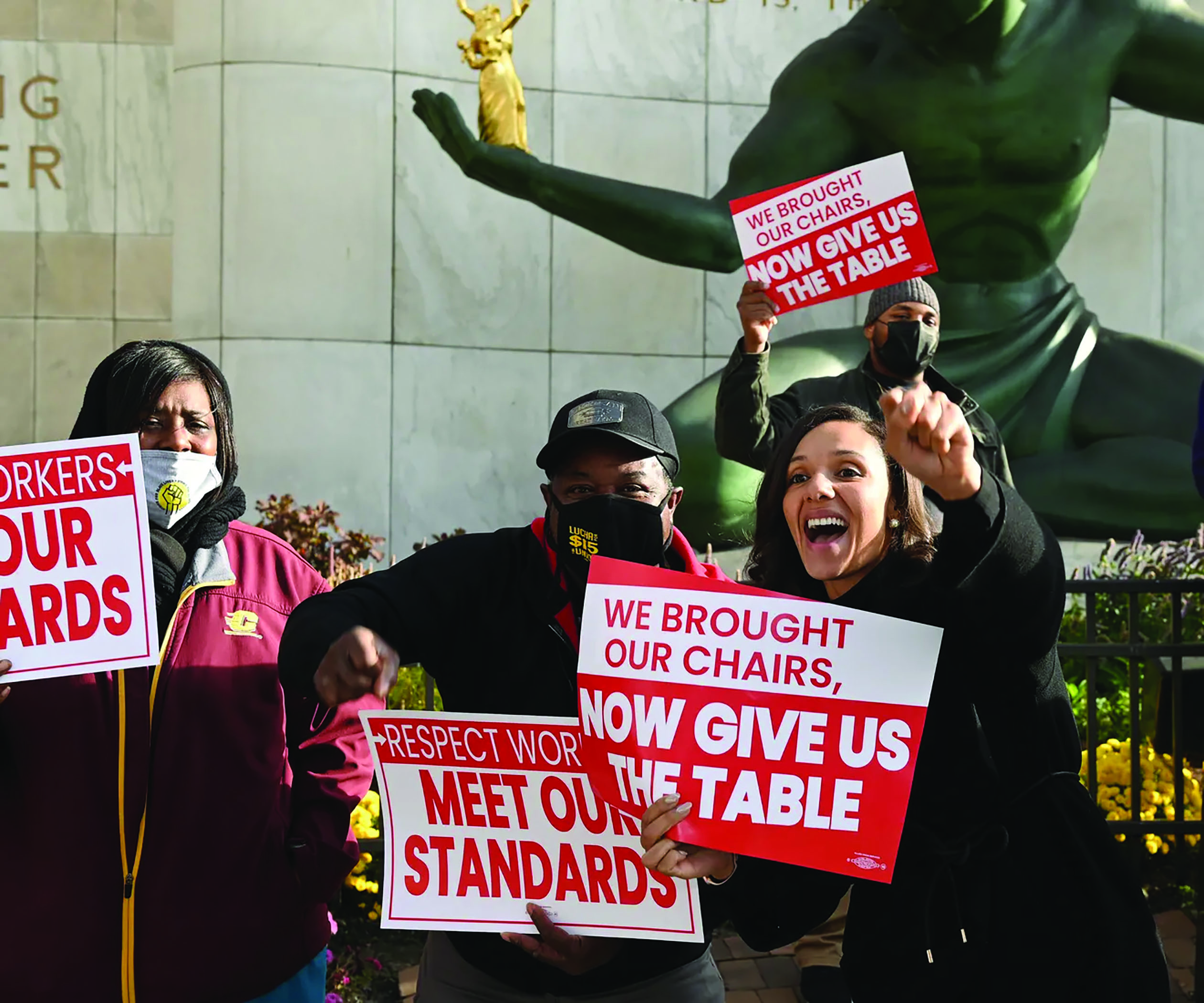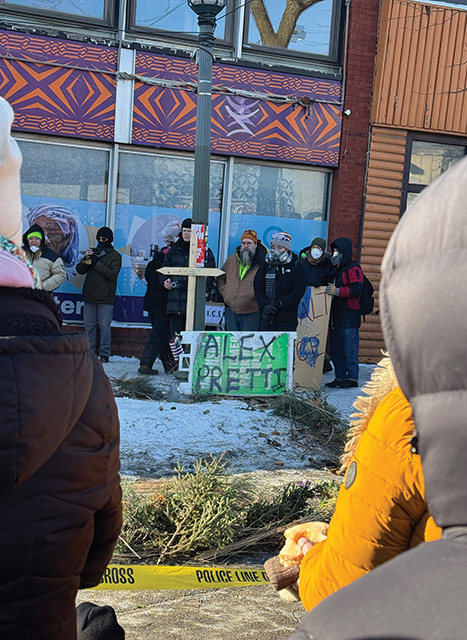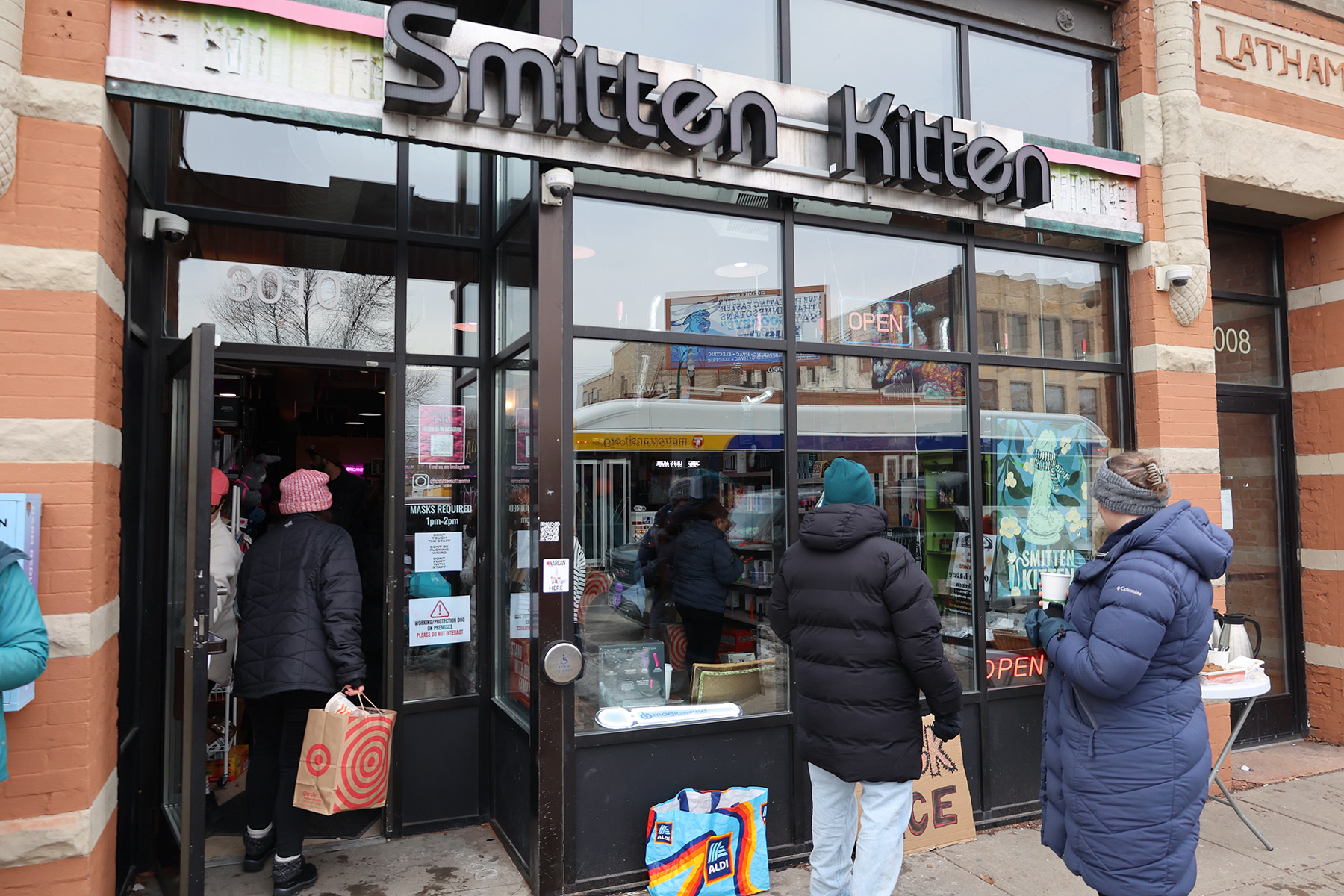The creation of a Labor Standards Board in Minneapolis could represent a significant shift in how the city approaches labor issues - but it’s also a sign of a broader national strategy reshaping local governance with a Democratic Socialist agenda.
On November 15, the Minneapolis City Council passed a resolution to establish a 15-member Labor Standards Board, despite opposition from small business owners and dissenting council members.
This board, comprised of employees, employers and community stakeholders, aims to give workers a "seat at the table." While supporters call it a victory for labor rights, critics view it as a power grab by national unions and advocacy groups that prioritize broader agendas over local concerns.
This resolution, pushed forward after two years of internal crafting, mirrors efforts in cities like Detroit, where similar boards have been established. Its passage raises critical questions: Who does this board truly represent? How will it impact local businesses and residents? And what does it say about the growing influence of national organizations on city policies?
The Board
The board will consist of five employees, five employers and five community stakeholders from specific industries. The City Council will appoint 12 members, and the mayor will appoint three. Although Mayor Frey is expected to veto this resolution, the City Council is likely to override the veto. Mayor Frey’s counterproposal called for a board of 10 members, composed of five employees and five employers, with half appointed by him.
Passing the resolution was far from straightforward. It had been in the works for two years, and the final meeting where it was approved was marked by tension and accusations among council members — a common occurrence at such meetings. The dissenting votes were cast by Council Members Michael Rainville, LaTrisha Vetaw and Linea Palmisano. Council Member Robin Wonsley was not present.
City Clerk Casey Clark must preside over these meetings with his rule book at the ready, as a director is needed when a group of 13 individuals, with little respect for one another or the public, role-plays at city government.
A National Agenda
Before discussing the specifics of this resolution, it’s important to put this board within a broader context. It is part of a national effort led by unions and the Democratic Socialists of America (DSA) to advance their agendas through city councils nationwide. For example, a May 23, 2023, story in The Detroit News detailed the passage of an Industry Standards Board in Detroit. The Service Employees International Union (SEIU) joined Detroit City Council President Mary Sheffield in celebrating the board’s creation for arena workers. If you replaced Sheffield in the photo with the Minneapolis resolution authors, City Council Members Katie Cashman, Aisha Chughtai, Aurin Chowdhury and Jason Chavez, the differences would be minimal. They employ the same language of securing a “seat at the table” for workers and use the same strategies.
One of the main controversies surrounding this resolution was that small business owners and “community stakeholders” were not given an opportunity to express their feelings about the board. The committee changed the board’s creation from an ordinance to a resolution to avoid listening to feedback. They incorporated into the rules for how committees and boards are established that public comment was not required.
Instead of speaking at the Minneapolis City Council Public Health & Safety Committee, where the resolution originated, residents and business owners attended the November 12 Budget Committee public meeting en masse to voice their concerns. The committee members heard testimonies like this one:
“Hi. I'm a business owner, a restaurant and event center. I've been building that business for years. With my own hands. We are having problems with the homeless. They break the windows. They break the cars. We have to go out there and start cleaning. I don't even go to my apartment. I sleep in the business to make sure they don't burn it, or they don't do anything. So, I know I'm hearing [a] proposal that you guys are wanting to — without consulting with the business people, no help. No city council or anybody came to us and said, ‘Hey, you're doing something good, South Minneapolis! How can we help you?’”
“I love to help the employees, but if you don't help me, how am I going to help the employees? You know? Somebody said before you dream, you have to sleep. You need to help us.”
“Now, I feel like, you know, if I lose this business, I may leave this town. It's not business friendly. Nobody comes. There's no police. There's nobody can do anything. My car was broken [into] 16 times. The window now is broken. The car was broken two weeks ago. $2,000. I lost almost $50,000 just for what the homeless are doing. No help. No money. No nothing.”
“You guys are thinking about building roads, building this one, but the problem in hand to take this mentally ill, you know, homeless and build hospital for them. You're not doing it.”
What this business owner and many others who spoke failed to understand was that while they believed they were addressing the local city council, they were actually speaking to national organizations with priorities they deem more significant than local concerns. Their priority is Labor with a capital “L” — not local employers.
This was underscored when Andrea Jenkins emphasized her membership in SEIU 284 during the meeting, signaling she would not risk appearing anti-labor with an election approaching. After the vote, Aurin Chowdhury led union chants at the press conference. Linea Palmisano pointed out that public perception was clear: supporting businesses was unlikely when council members show up at the table dressed in union colors after a rally. Katie Cashman’s attempts to convey empathy for small businesses were undermined by her hoarse voice from cheering for workers.
Be Straightforward, Please
The reluctance of these council members to state outright, “I’m here to represent the unions,” indicates that even they recognize the need for balance and that their role as elected officials demands more.
During the meeting, Jason Chavez made no pretext of balance. He shared personal stories of his hardships growing up and stated, “It’s corporations that fearmonger and scare residents in the City of Minneapolis to influence decisions. I support workers, Uber and Lyft drivers, and raising the minimum wage to $25 an hour, and I don’t need permission from corporations to do that today.”
He added, “Without workers, there would be no businesses.” To appear more balanced, he could acknowledge that businesses do not emerge spontaneously at the behest of workers: They require individuals willing to invest their time, money, talent and ambition. Creating and sustaining a business is not easy, and not everyone has the capacity to do it.
The organizations supporting this board are part of a national movement. Cities often provide a more straightforward path for getting proposals passed compared to states, as local governments can be more receptive and face fewer procedural hurdles. However, similar measures can also be passed at the state level. California passed a $20 minimum wage for fast food workers. Minneapolis might prepare themselves for this same rule to be proposed by our Labor Standards Board.
These are only a few of the questions we hope residents will ask their council members. We encourage residents in the next election to pay close attention to the endorsements their candidates are receiving, such as those from labor unions, advocacy groups or political organizations.
Understanding these affiliations can help voters assess how aligned their candidates’ values and priorities are with their own vision for the city. If you want your council member to be a representative for national unions and the DSA, then you have chosen the right people. You’ll want to familiarize yourself with the goals of these organizations and determine whether they are healthy for Minneapolis.
However, if you're seeking council members who prioritize Minneapolis issues, actively listen to all stakeholders, and approach city governance with a balanced perspective that recognizes the interdependence of businesses and workers, you may need to look elsewhere.
Changing the direction of our current council, backed by national unions providing campaign support such as organizational direction, donations and volunteers, will require significant effort. The Labor Standards Board could be a warning sign that Minneapolis residents may face more of these opaque policy maneuvers in the future.






